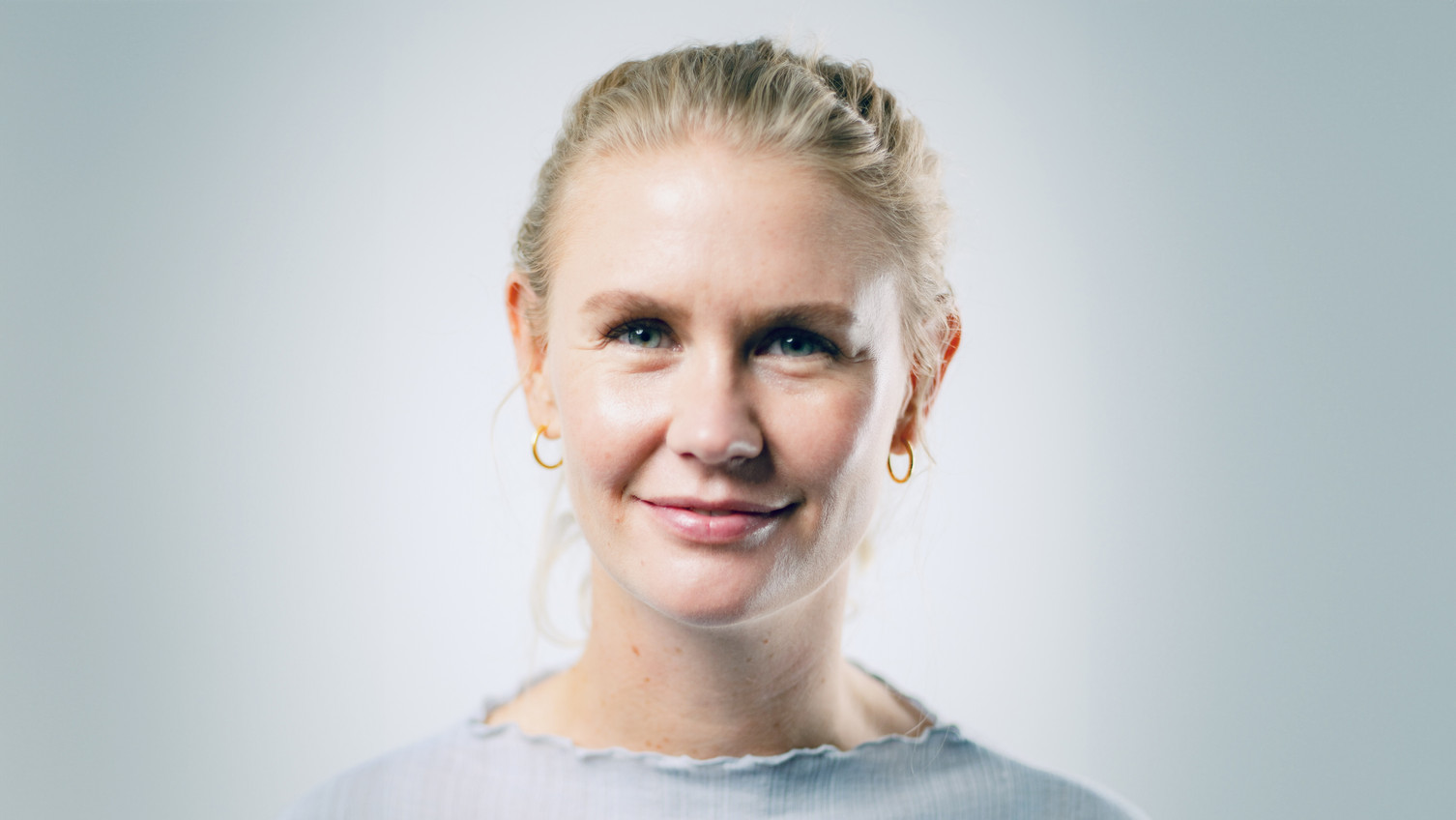Doctoral Research Group Knowledge Cultures / Digital Media
Digital Media constitute a key research area at Leuphana. Graduate students are invited to collaborate with scholars and find stipends and fellowships to support their dissertation projects at the Institute for Culture and Aesthetics of Digital Media (ICAM), at the Centre for Digital Cultures and at the Institute for Advanced Study on Media Cultures of Computer Simulation (MECS), as well as in other affiliated funded research projects in the network.
The collegium is dedicated to build a community of highly distinguished scholars in its engagement with the international scientific and research community. The academic life at ICAM and its dissertation collegium hosts a variety of congresses, conferences, workshops, and presentations with scholars recognised as leading experts in their fields, thus offering its students with opportunities of connecting with global networks of research and scholarly production.
Areas of Research
The research areas comprise of:
- history, archeology and epistemology,
- forms and strategies of aesthetic production,
- audio media cultures,
- digital research environments in art history and image studies,
- media and knowledge ecologies,
- media cultures of computer simulation,
- gamification and ludology,
- globalization,
- cyber-culture and gender studies,
- Internet and society.
The collegium has a special cooperation with the University of Lübeck* to research and analyse issues of
- history and ethics of science, esp. in medicine.
*The specially funded modules for this doctoral programme are hosted a the University of Lübeck.
Doctoral Degree
The respective faculty confers the doctoral degree Dr. phil.
Spokesperson
- Prof. Dr. Erich Hörl
Doctoral Supervisors
- Prof. Dr. Maren Haffke
- Prof. Dr. Erich Hörl
- Prof. Dr. Jan Müggenburg
- Prof. Dr. Claus Pias
- Prof. Dr. Christina Wessely
Doctoral Courses
As a doctoral candidate at Leuphana, you not only write your dissertation, but also participate in the interdisciplinary doctoral courses to the extent of 30 credit points, which include (inter)disciplinary colloquia (Research Forum I and Research Forum II) and furthermore comprises four interdisciplinary modules on research ethics, research methods, scientific practice and current perspectives on science. Please find more information about Leuphana's doctoral courses here.
Testimonials
Randi Heinrichs
Leuphana University Lüneburg awards the Leuphana Dissertation Award to Randi Heinrichs for her dissertation entitled ‘Anonymity reprogrammed. How the digital economy is changing our politics of (non)identification through imaginaries of personalization and data-neighborhoods’.
Randi Heinrichs' dissertation makes an outstanding contribution to our understanding of anonymity in digital cultures through ethnographic field research, historical analysis and profound theoretical work. The precise analysis and critique of new forms of anonymity through the concept of ‘neighbour-based anonymity’ developed by Heinrichs is an original contribution to critical data studies and critical algorithm studies and provides a deeper understanding of contemporary forms of digital cultures as a whole. The work is characterised by a high degree of relevance and fundamental significance for future research.
 ©Randi Heinrichs
©Randi Heinrichs
What motivated you to pursue a doctorate and why did you choose Leuphana?
The impetus to pursue a doctorate came from my work as a student at Leuphana's Center for Digital Cultures. The research agenda on digital cultures has fundamentally shaped my scientific thinking and also opened numerous doors for me. I am very grateful to my colleagues for their years of support.
There is also a personal background tied to my family history. In the GDR, my grandfather taught political science, history, and German studies. Under the repressive regime, he could not think, speak, and live freely. He fled with his family and never worked at a university again. Since he was unable to write his dissertation, it was a special moment for me to complete mine – and an important reminder that the conditions for critical science must be protected.
What special memories do you associate with your doctoral studies?
Important parts of my research emerged from scholarships at UC Davis, UC Berkeley and Simon Fraser University. In particular, the teams at the Digital Democracies Institute and the Algorithmic Fairness and Opacity Group gave me a warm welcome and provided me with new theoretical perspectives and crucial access. For example, I was sent to Columbia University's Rare Book and Manuscript Archives, which brought me to New York for the first time, as well as to the Architecture Biennale in Chicago. It was great. I met fantastic doctoral students who made it much easier for me to arrive on the other continent, and my host family in San Francisco became a second home. These encounters and experiences are what I will not forget.
What challenges did you face during your doctorate and how did you deal with them?
The ethnographic work alone presented a whole range of challenges: gaining access to the field takes time and is uncertain, especially in the tech industry, where many processes and information are trade secrets. In the case of highly complex technical processes, truly understanding the world from the perspective of the actors in the field is extremely difficult and tiresome. Finding the right balance between involvement and distance, as well as ensuring the protection of individuals when dealing with sensitive topics, also kept me awake at times. It was important to understand that this is part of ethnography.
I also used Leuphana's coaching services to get advice on other issues that I couldn't discuss with my supervisors or superiors. The opportunity to get independent and confidential advice was a great support.
What advice or tips would you give to new doctoral students?
Writing a dissertation requires courage and stamina. To handle both, you need caring people who keep you grounded. My studies gave me important friendships. Find allies, accomplices and companions who understand what the work requires and does to you. At least as important are friends and family who have nothing to do with it and focus on other things.
